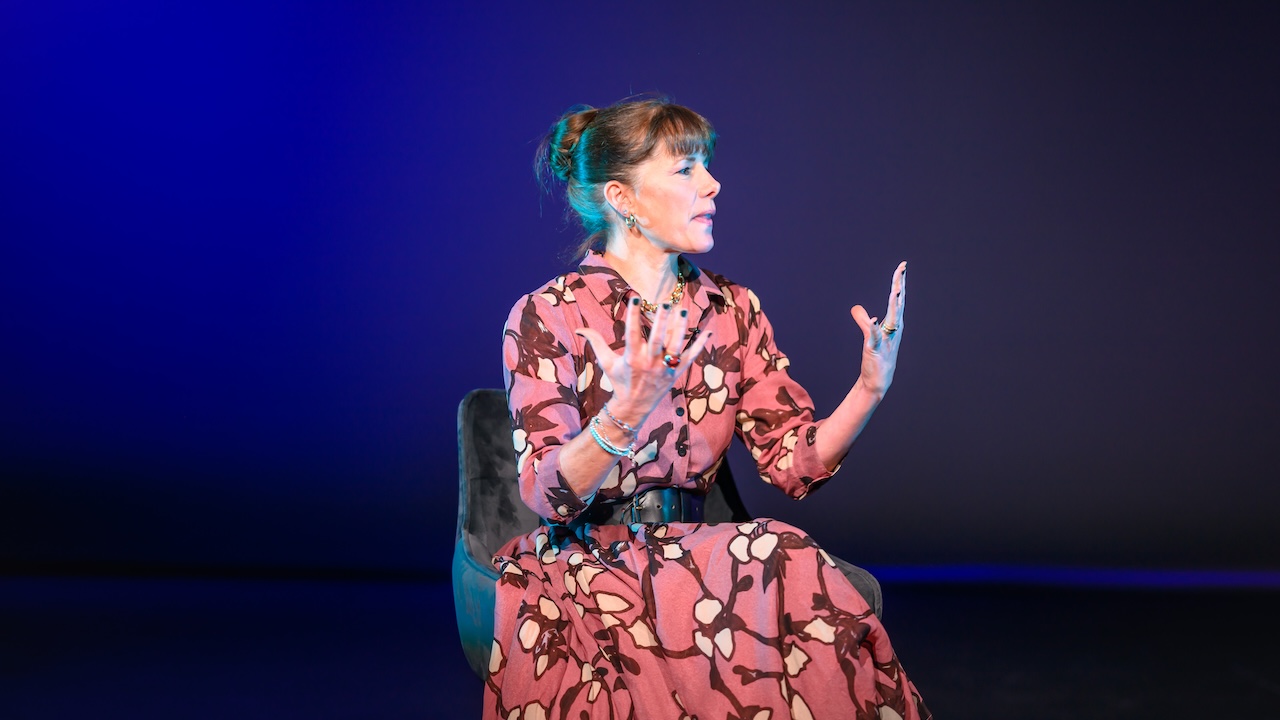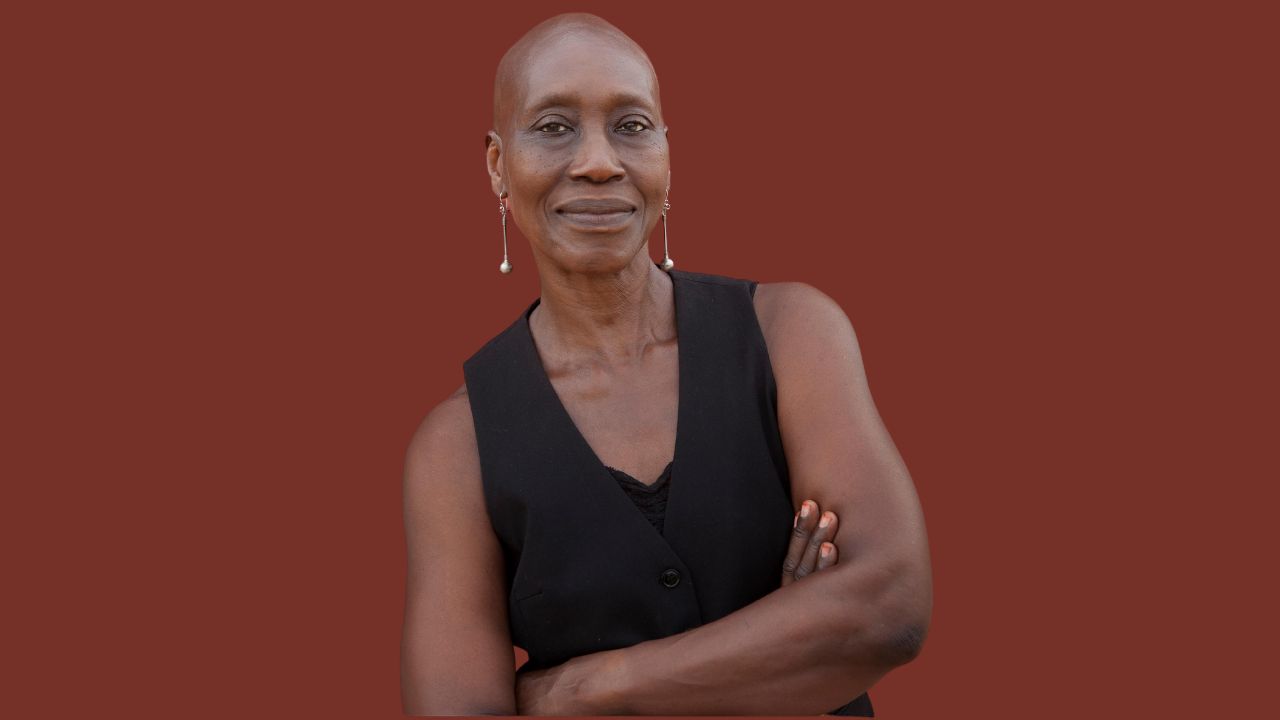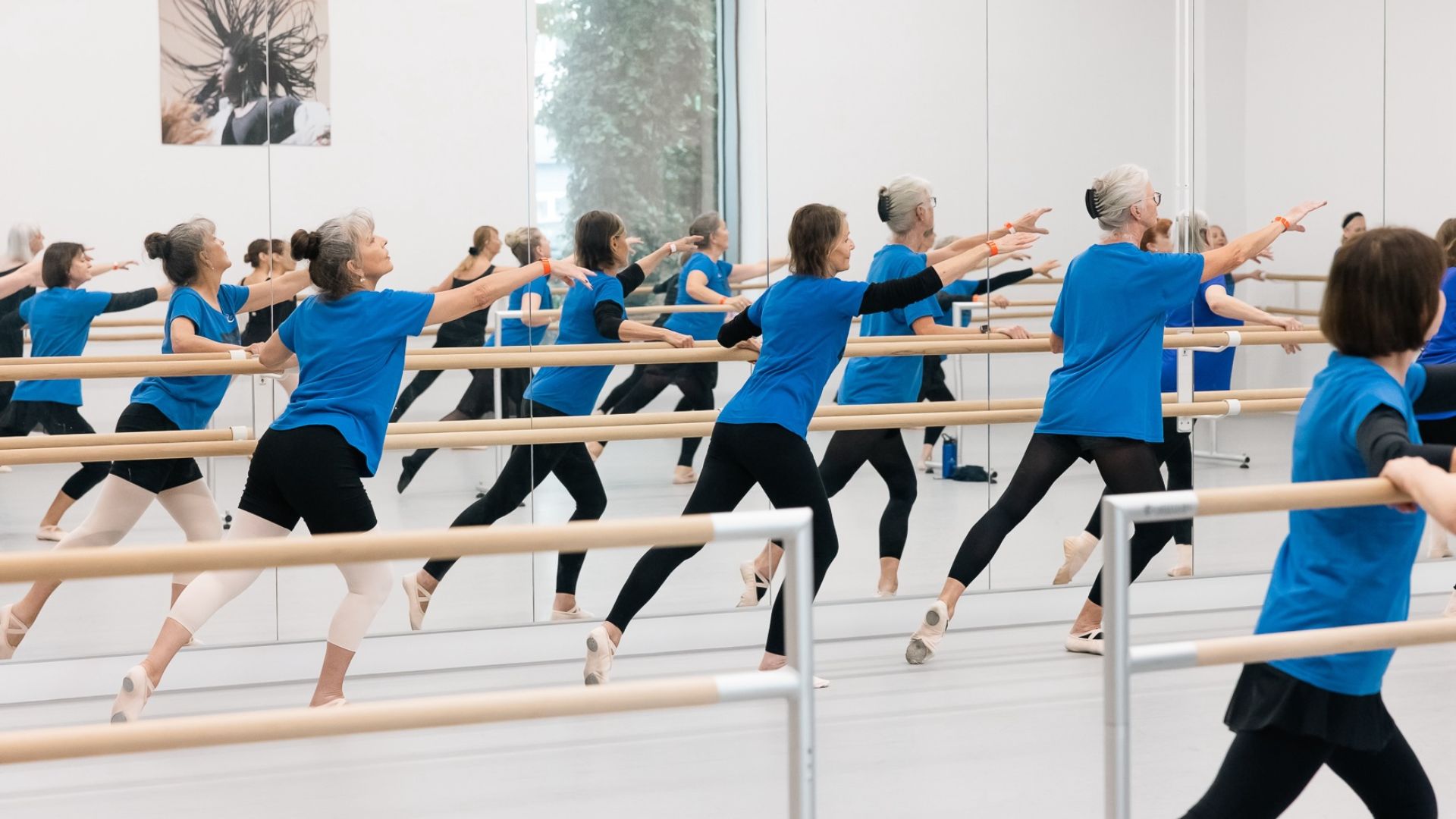In December, the Royal Academy of Dance launched RAD Leadership Training, an exciting initiative which uses the power and influence of movement to help corporate leaders take their leadership skills to the next level.
Designed for high potential and senior executive leaders in the corporate sector, the programme will initially be delivered by Movement in Practice, an educational platform designed by dance psychologist, Dr Peter Lovatt.
Drawing on the parallels between business and dance, RAD Leadership Training’s creatives and academics will utilise their expertise in dance education and training to help participants unlock their version of high performance, giving them renewed confidence in abilities to confront challenges, achieve sustained performance and cultivate potential in others.
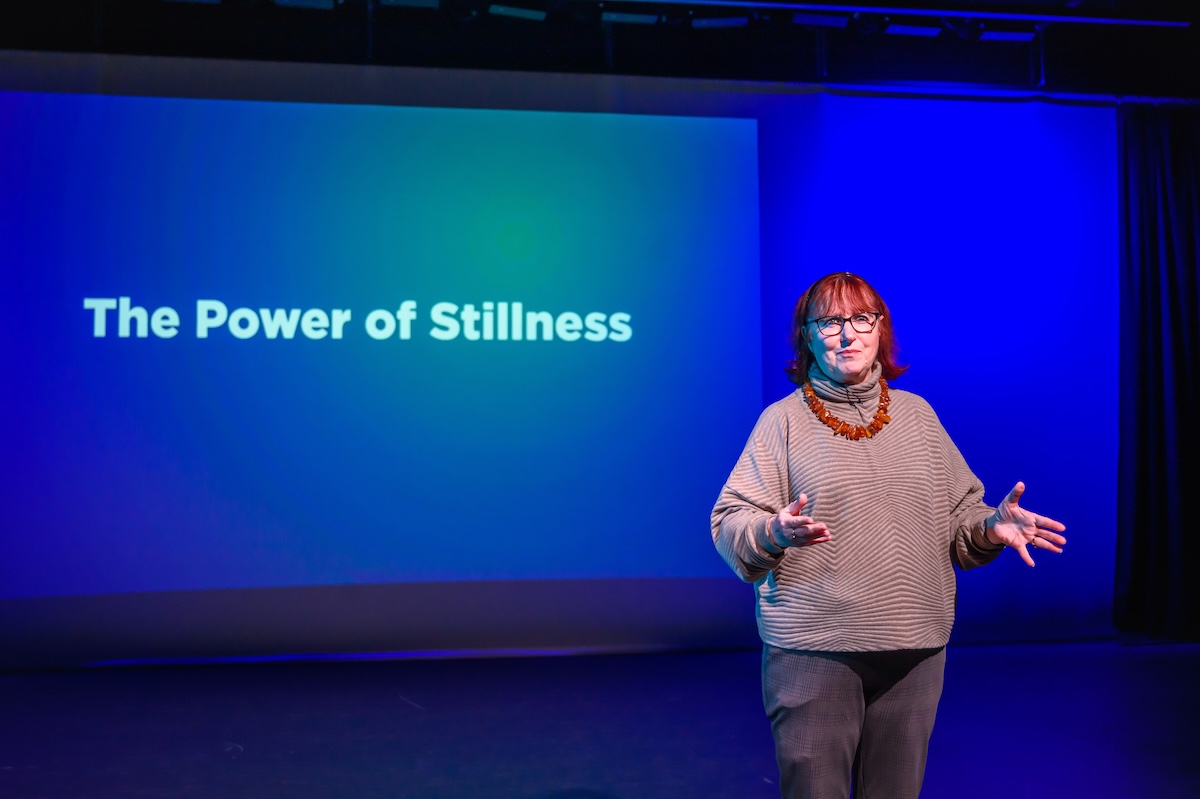
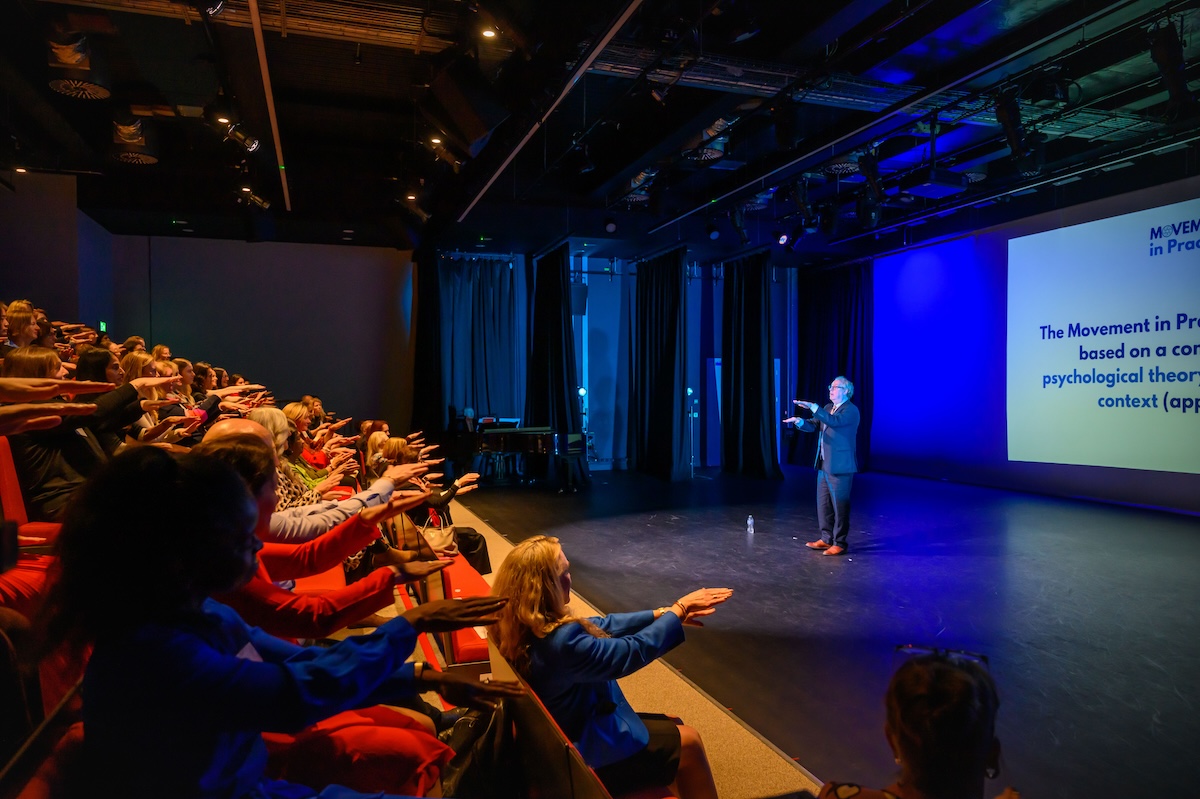
The programme was launched with an event sponsored by London Women’s Forum (LWF), the networking and thought leadership platform for senior female executives in the financial services sector in London and beyond. Power in Motion coincided with the LWF’s 20th anniversary and was attended by members and partners of LWF and other executives from the corporate and dance sectors.
Power in Motion also featured an insightful presentation by Dr Michelle Groves, RAD Director of Education, explaining how to harness the power of stillness. An inspiring session followed with Dame Darcey Bussell, giving a personal account of how she handled her career change and transition. Participants were then treated to an excerpt from The Nutcracker by English National Ballet’s Precious Adams in the RAD’s Aud Jebsen Studio Theatre.

‘The power of dance is something I have believed in for some time,’ said Jane Karczewski, Chair of LWF Board, ‘being a dancer from a young age. This special event gave others the opportunity to experience the transformative power of dance and movement and how this can be applied in the business world.’ Tim Arthur, RAD Chief Executive, added, ‘beyond the art form itself, we envisage a future where the principles ingrained in dance education become pillars for effective leadership – the leadership that fosters innovation, empathy and inclusivity.’

